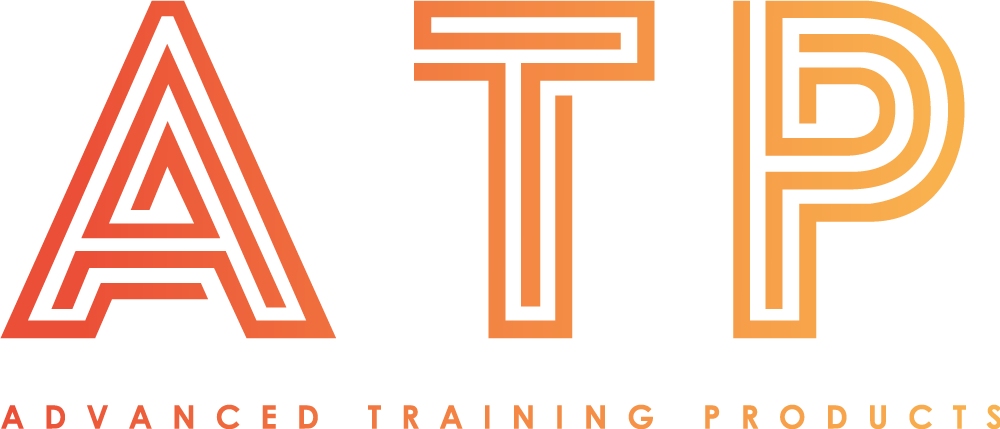Status: Legal
Information provided is current as of July 31, 2024, and companies are encouraged to consult with legal counsel on these types of complex matters.
Cannabis Legalization History
Possession/Personal Use Specifics
Adults 21+ can possess up to one ounce of marijuana for personal use. Equivalent amounts of marijuana products like concentrates and edibles are also allowed. Sharing small amounts between adults is
permitted.
Using marijuana in public is illegal, including parks, businesses, and vehicles. This applies to smoking, eating, and vaping cannabis.
State Regulatory Agency Information
State Forms (If Applicable)
State Testing Policy
General Information
Employers can conduct reasonable suspicion drug testing if there is a clear belief that an employee is under the influence while at work, based on observable signs of impairment or specific incidents. Employers must follow their written policies on such testing, which should be communicated to employees.
Remember, establishing robust documentation is a key risk mitigant for employers in states like Delaware.
Safety-Sensitive Positions
Where impairment could significantly impact
safety and performance, including roles involving operating heavy machinery, handling hazardous materials, performing
law enforcement duties, and working in healthcare settings.
Privacy Laws
Test results and related medical information must be kept private and disclosed only to individuals with a legitimate need to know, such as HR personnel or supervisors involved in the disciplinary process. Employers must also follow established procedures for obtaining consent and informing employees of their rights and the testing process.
Recommended Procedures
Does the state have recommended procedures?
It is always recommended to have standardized documentation and training procedures and regular employee evaluations to set clear performance
expectations.
Establish and communicate employer's drug testing policies, including procedures for pre-employment, reasonable suspicion, and post-accident testing. These policies should align with privacy laws, ensuring confidentiality and proper handling of test results, and should be clearly outlined in employee handbooks or
similar documents.
State Employee Procedures and Policies
Mandates a
drug-free workplace, includes drug testing under specific circumstances (pre-employment, reasonable suspicion, post-accident, and for safety-sensitive roles), ensures confidentiality of test results, and may provide access to substance abuse programs for those seeking help.
Protections for Use Outside Workplace/Work Hours
Is Delaware a "Right to Weed State"?
Employers can terminate or refuse to hire individuals if their cannabis use impairs their ability to perform job duties or poses safety risks, particularly for safety-sensitive positions. Additionally, employers are not required to allow on-duty use of cannabis, and drug testing policies can still apply.
More Detailed Information
State Requirements for Drug & Alcohol Testing Program
Testing Policy Requirements
Main Requirement
State employees must follow a drug-free workplace policy, with testing permissible under conditions such as preemployment, reasonable suspicion, and post-accident, while results are kept confidential. Private employers are responsible for creating and communicating their own drug and alcohol testing policies, including those for reasonable suspicion and post-accident testing, and must handle test results with confidentiality.

